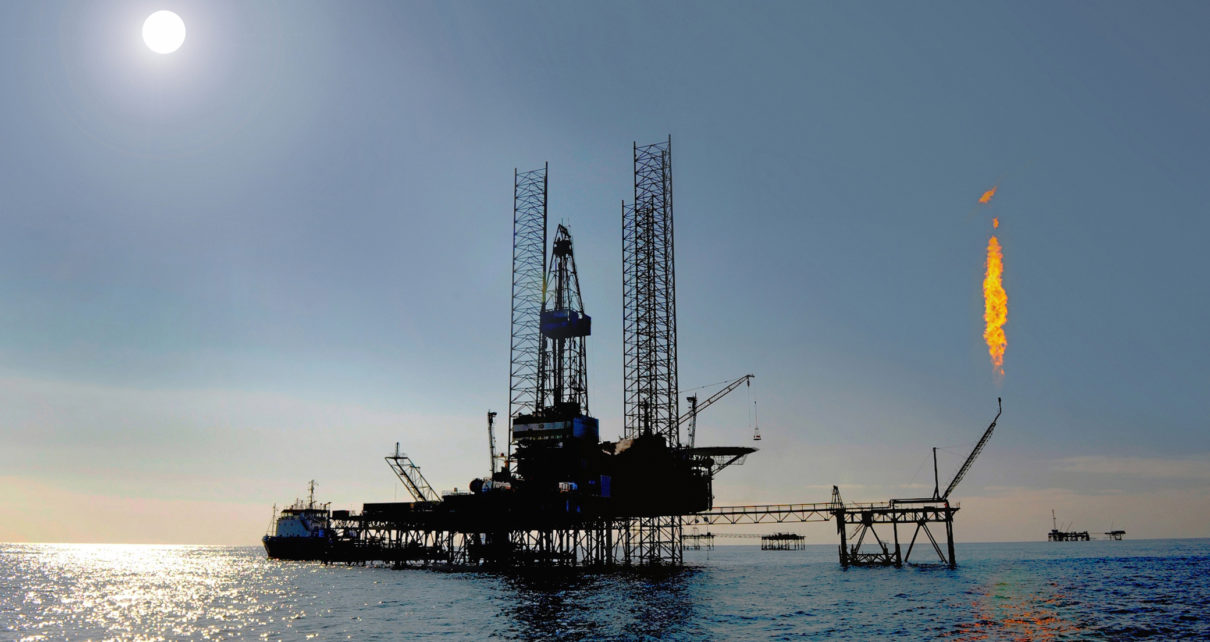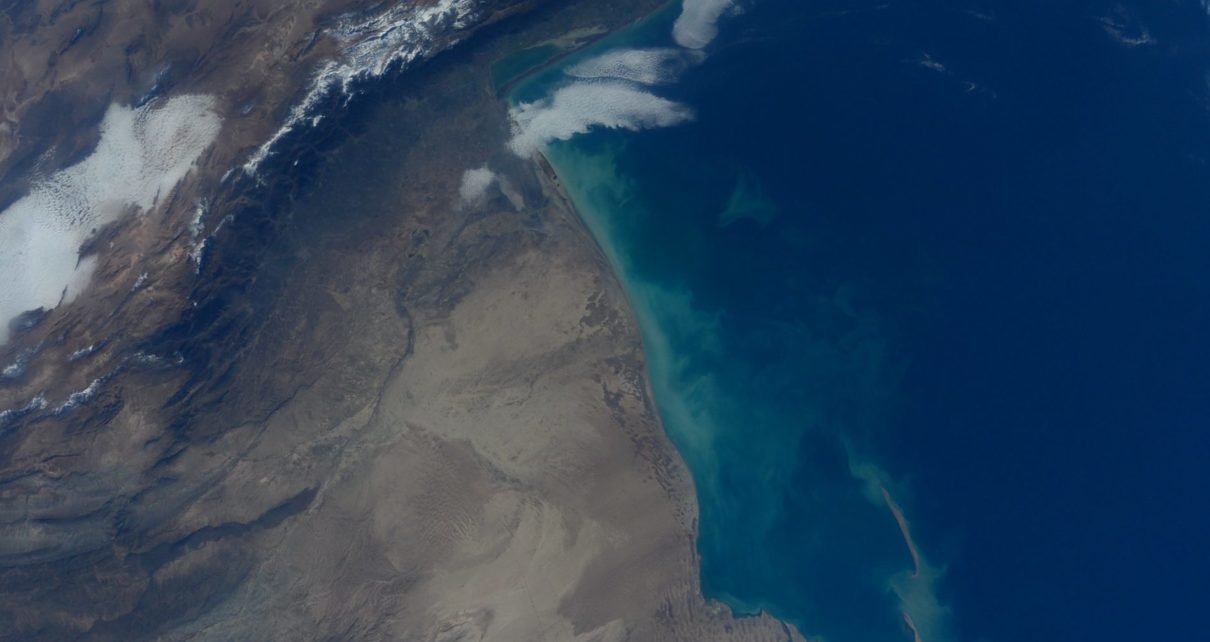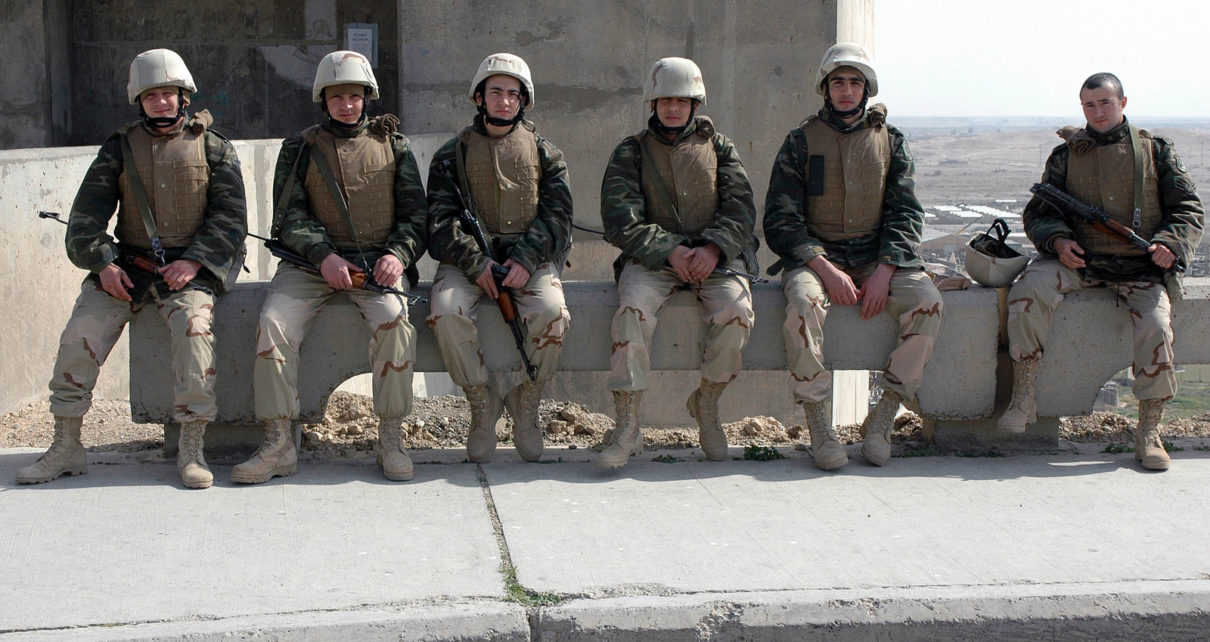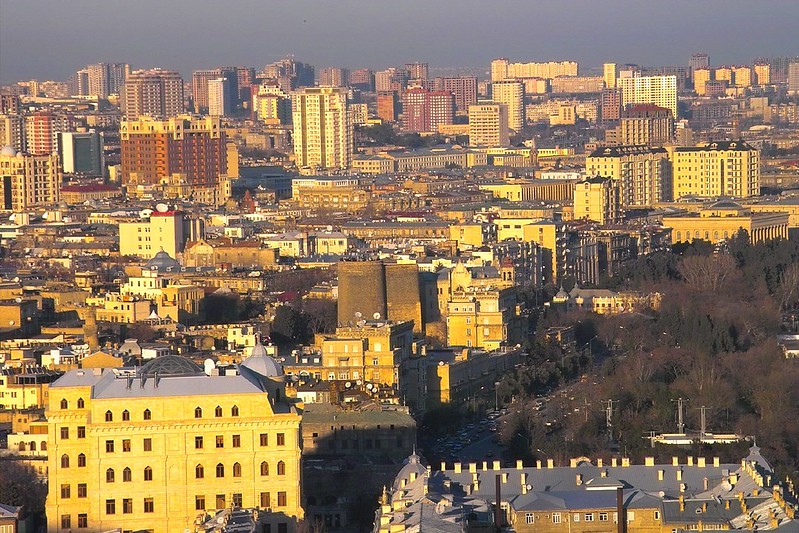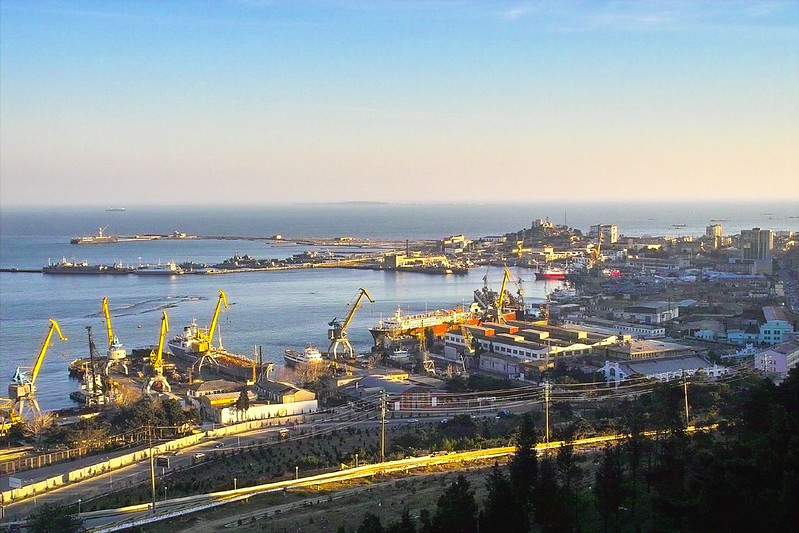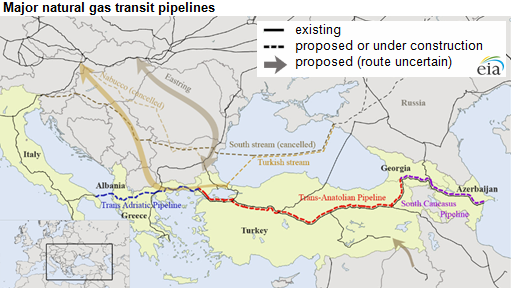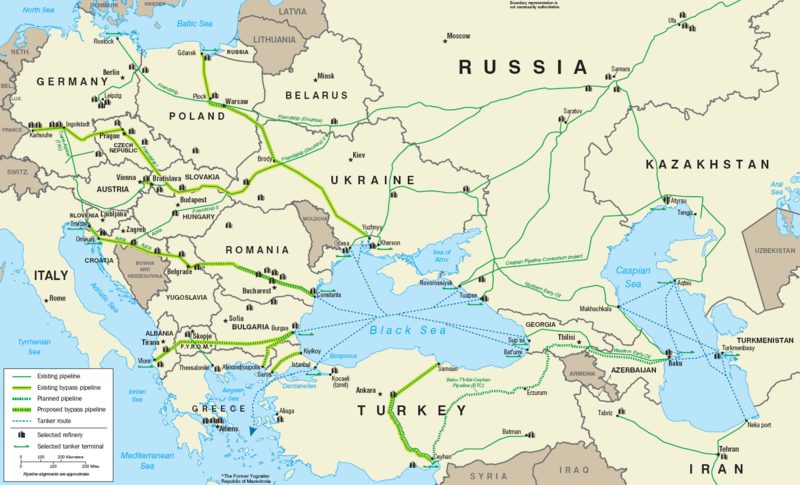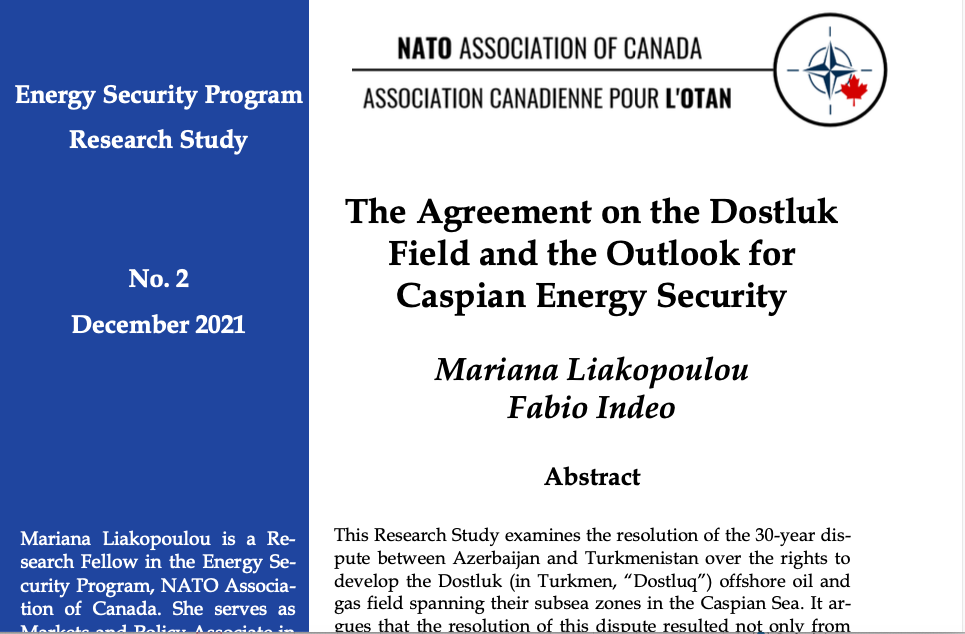In this article, Dr. Cutler outlines the new Serbian gas deal with Azerbaijan in the context of European energy trends and policies, as well as the BRUA pipeline project.
Energy Security
The NATO Association of Canada’s Energy Security Program, directed by Senior Research Fellow Dr. Robert M. Cutler, provides analysis and outreach on the full spectrum of energy-security concerns facing NATO members and partners. Core areas include the security of supply and demand, market and policy reliability, and the physical protection of critical energy infrastructure including supply chains for critical raw materials. The Program continuously assesses geopolitical, geo-economic, and military developments that may alter allied energy risks, options, and resilience. It advances public understanding and policy dialogue through webinars, the Energy Security blog, and sequenced series of Research Briefs, Policy Papers, and Research Studies. Contributors—including practitioners, scholars, and emerging analysts—are welcome. Please write to rmc@alum.mit.edu with the subject line “NAOC Energy Security Program” to propose articles, briefs, or events.
Where in the Caspian Region Will Europe Get Its Gas?
In this article, NATO Association Senior Research Fellow and Director of the Energy Security program, Robert M. Cutler, discusses Europe’s Prospects for Caspian-region gas imports, including the Trans-Caspian Gas Pipeline Project (TCGP) project.
NATO Strengthens Energy-Security Ties with Azerbaijan
In this article, Senior Research Fellow Dr. Robert M. Cutler covers NATO’s July 5th Military Committee meeting, its select partners, and its challenges. Specific attention is paid to the strengthened energy-security relations between NATO and Azerbaijan.
A Trans-Balkan Pipeline Is the Next Project for EU’s Accelerated Energy Cooperation with Azerbaijan
Other than Norway, Azerbaijan is amongst the most plausible sources for increased European imports of natural gas in the near future. Therefore, it is little surprise that on April 25, its President Ilham Aliyev attended the signing of a Memorandum of Understanding (MoU) by the State Oil Company of the Azerbaijani Republic (SOCAR) with the Read More…
New European Energy Demand Confirms Azerbaijan’s Reliability
Azerbaijan is emerging as a crucial player in Europe’s energy-diversification strategy, as the European Union (EU) addresses its self-inflicted energy deficit that arose from its overreliance on wind and solar power and its failure to promote oil and gas development. The EU’s policy shift away from Russian oil and gas has led to the formation Read More…
Energy Security is No Longer a Luxury: Canadian and European Perspectives
Energy Security is No Longer a Luxury: Canadian and European Perspectives This event was live broadcast on our YouTube channel, and a recording can be viewed here. This webinar addressed the new geo-economics of energy production and consumption with special attention to Canada, Europe and their roles in global energy markets. The panelists considered the Read More…
Azerbaijan on Course to Increase Gas Exports to Europe
As the EU seeks to diversify its sources for energy imports, Azerbaijan will likely reap important benefits. The significant question is how rapidly it can ramp up its exports via the Southern Gas Corridor (SGC). Exports by way of the SGC go through Georgia (via the South Caucasus Pipeline, SCP), then across Turkey from east Read More…
Germany’s Misguided Rejection of Nuclear Power
In the early 2000s, German Chancellor Gerhard Schroeder convinced his government to take the decision to phase out all German nuclear power plants by 2036. This decision would eventually make Germany more dependent on the Nord Stream 1 (NS1) pipeline, which entered service in 2011 and runs under the Baltic Sea directly from Russia. Schroeder’s Read More…
Europe Looks for More Caspian-Region Energy
The EU’s Energy Commissioner Kadri Simson will personally attend the annual interministerial meeting of the Advisory Council on the Southern Gas Corridor in Baku on February 4. She announced this, following a meeting of EU energy ministers in Amiens (France), where they discussed market uncertainties due to Russia’s decrease of flows to Europe and its Read More…
The Agreement on the Dostluk Field and the Outlook for Caspian Energy Security
Download: The Agreement on the Dostluk Field and the Outlook for Caspian Energy Security (19 pages, 385 KB) Title: The Agreement on the Dostluk Field and the Outlook for Caspian Energy Security Authors: Mariana Liakopoulou and Fabio Indio Series: Energy security Program Research Study No. 2 Date: December 2021 Executive Summary This Research Study examines Read More…

